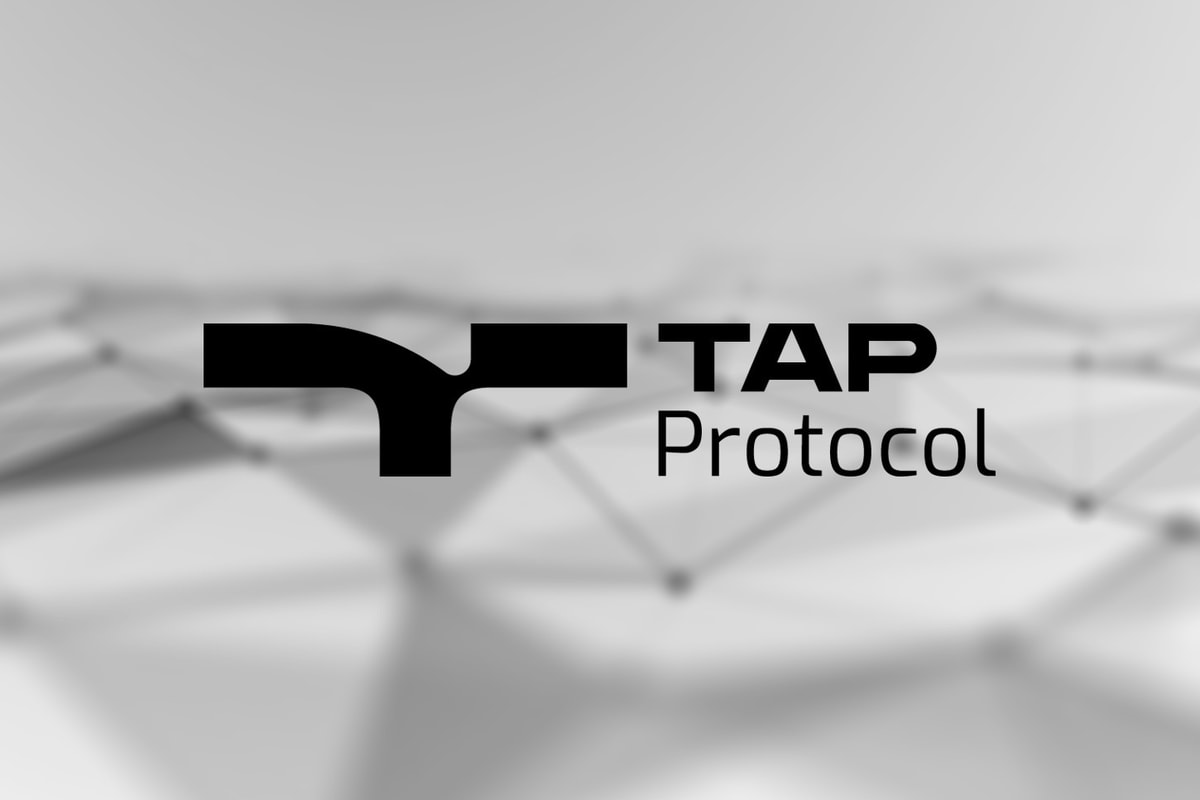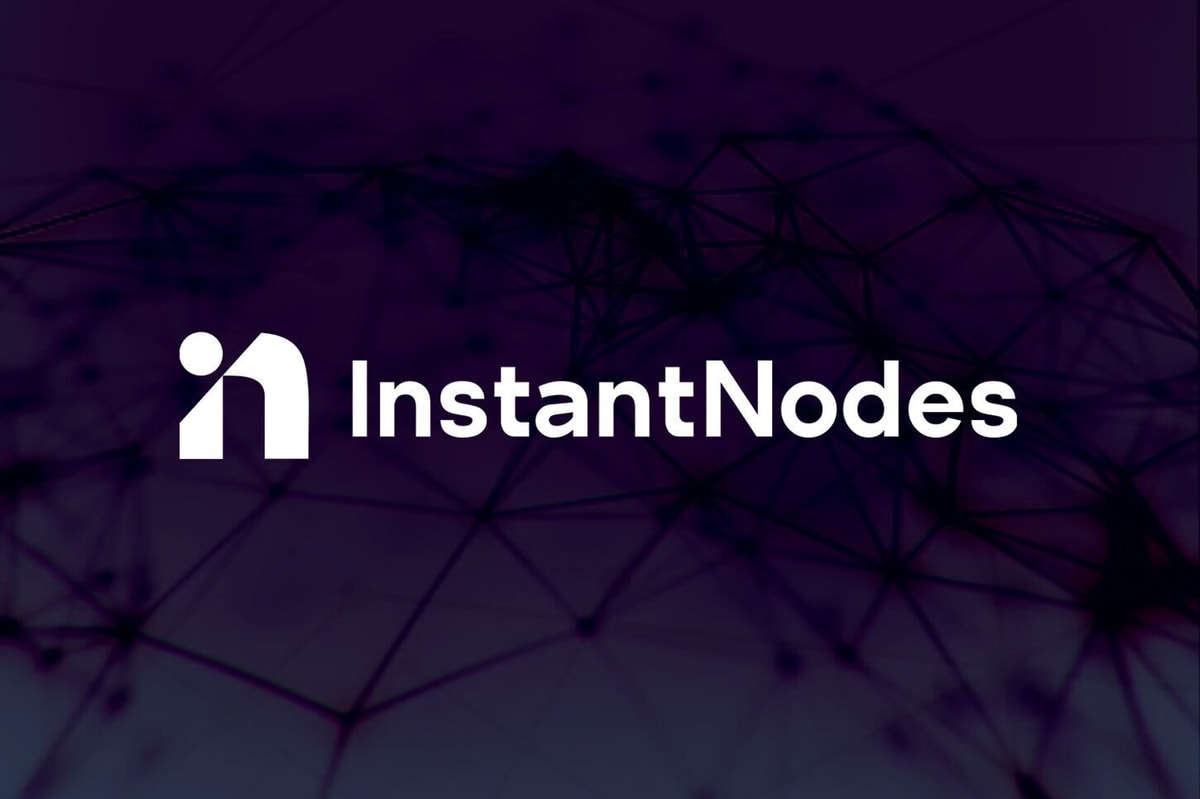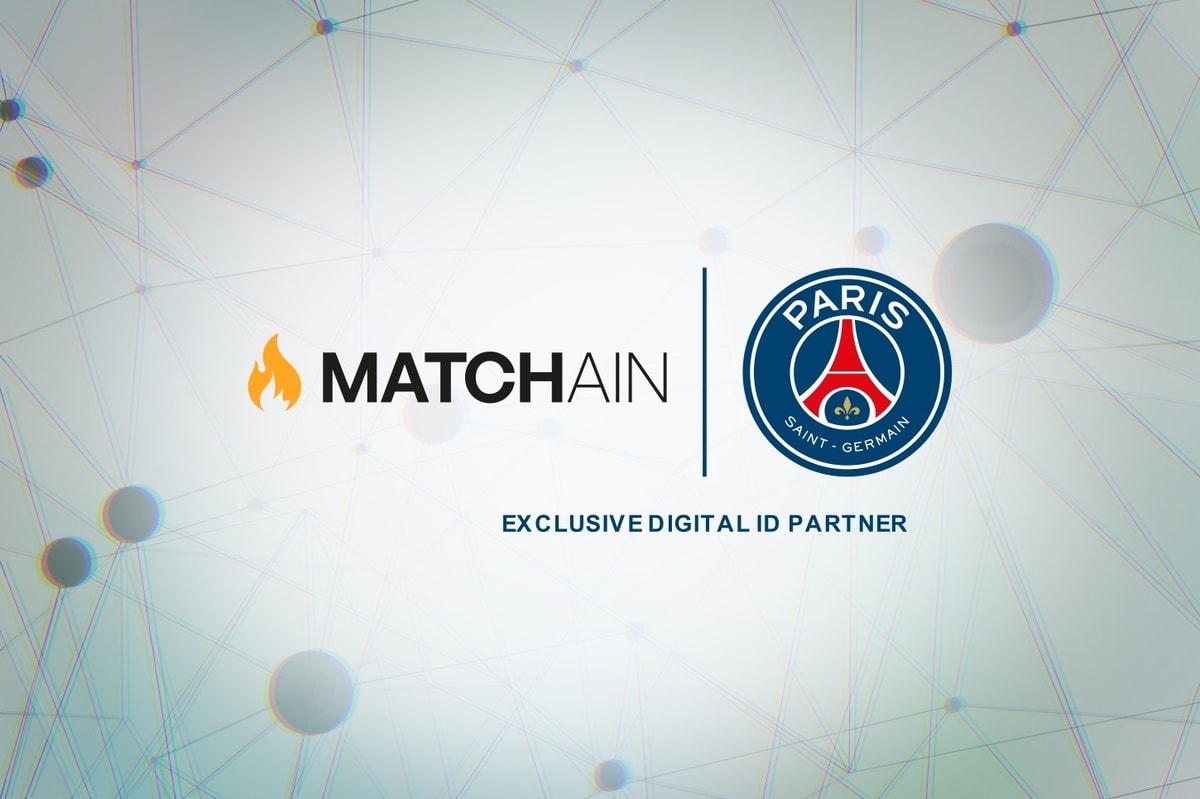Decentralized finance has offered significant use cases and helped to create one of the biggest success stories in just one year, rising the market capitalization of digital assets by over $100 billion. DeFi is touted to be the next big thing to see massive adoption, especially in the forex and banking sectors. With the goal of inclusiveness and banking the unbanked, DeFi has become one of the most sought-out markets.
Peri Finance is a DeFi project that combines the best of the crypto and forex worlds.
Peri Finance is a coming-of-age, decentralized, cross-chain, synthetic issuance and derivative exchange protocol that provides unlimited liquidity on the Polkadot network. The platform offers a wide range of traditional financial as well as crypto assets in the forms of leveraged and non-leveraged synthetic products. It promises lower gas fees, speedy transactions and ample security from front-running or flash loans.
The project has recently closed a successful second funding round, raising $4.7 million from a diverse group of renowned investors, including LD Capital, Blue Archer Trust, OneBlock, Dasheng Capital, BlueBlock, PrivCode Capital (MXC Exchange), AU21, MindWorks Ventures, DuckDAO, Ruby Capital, among others. The fundraiser comes on the heels of its official initial DEX offering on DuckDAO and Kickstarter, as well as an initial exchange offering launch on Gate.io scheduled for May 10.
Peri Finance offers the best of the DEX ecosystem
Peri Finance is building all kinds of synthetic assets on Polkadot to collateralize the PERI token, USD Coin (USDC) and nonfungible tokens. The platform will provide both simple and leveraged synthetic assets called “Pynths,” attracting arbitrageurs, increasing trade volume, and benefitting stakers. Pynths stands for Peri synthetic assets and is a synthetic asset of forex, indexes, commodities and cryptocurrency in traditional financial markets.
Some of the key products offered include:
Peri. Pool: Peri Liquidity Pool is a pool created in the process by staking PERI and minting Pynth called pUSD (the native stable coin of the ecosystem), acting as a liquidity provider.
Peri.Exchange: Peri.Exchange is a Pynths derivative DEX without an order book. It enables users to convert one Pynth to another with infinite liquidity and no slippage. Taking long or short positions on Pynths up to 20x leverage could maximize trading volume. The Pynth prices are provided by an oracle, while Pynth perpetual contract prices are determined by a virtual automated market maker.
Peri.DAO: PERI tokens are also used for governance. The token can be utilized via the Peri Improvement Proposals system to consider different community opinions.
Pynths NFTs: Pynths’ NFT-linked synthetic assets will be a game-changer for the massive NFT market. Artists and investors are to be greatly rewarded by minting Peri tokens. Pynths will show its uniqueness in the Pynths’ NFT ecosystem
PERI is a utility token used to create a liquidity pool in the process of staking, generating the basic Pynth, pUSD. It is also a tool to be used for voting within Peri.DAO, which will play a pivotal role in the development of Peri Finance. PERI holders will receive three different rewards by staking either PERI or USDC and minting Pynths. The ratio of PERI to USDC will be 8:2, which can be changed by Peri.DAO later.
The first staking reward comes from PERI’s inflationary supply policy. The initial supply of PERI will be 11 million, and 9 million more will be issued for 40 months as compensation for staking with weekly intervals, resulting in a total of 20 million in circulation. The inflation amount decreases weekly by 1.25% 52 weeks after the staking rewards begin. After 40 months, the annual inflation rate will be fixed at 5%, and 80% of the inflation reward will go to users who will have staked PERI and the rest to users staking USDC, which will be exchanged by Peri.DAO.
The second staking reward is the distribution of PERI. The managed funds come from 50% of the funds raised by PERI token sales, so holders can be rewarded additional profits only by staking PERI.
The third comes from the distribution of commissions incurred in Pynth transactions and leveraged Pynths contract trading. By staking PERI and USDC, users can mint pUSD. Users can exchange it for other Pynths, such as pBTC, or lock some amount of pUSD to open leveraged Pynth position like pBTC-pUSD. The system will take approximately 0.3% of the fee and transfer it to the fee pool, which is to be distributed proportionately to the entitled PERI stakers. The fee rate of exchanging Pynths can vary depending on the asset.
What separates PERI from other similar DEX offerings?
Peri Finance is building not only simple synthetic assets but also leveraged synthetic assets, or perpetual futures swap. Everyone can trade pBTC and pBTC×20 by just staking PERI. We will also provide an NFT fractional DEX and its synthetic assets. Leveraged synthetic asset prices are to be decided by the AMM. Therefore, there should be a price gap between simple synthetic and leveraged assets.
Having both simple and leveraged synthetic assets in single staking will draw lots of arbitrageurs and lots of trade volume, which increases commission and benefits stakers.
To learn more about Peri Finance, visit pynths.com.
Follow us to stay up-to-date:
Twitter: https://twitter.com/PERIfinance
Medium: https://medium.com/perifinance
Discord: https://discord.gg/FF8U8A458j
Telegram: https://t.me/peri_global
LinkedIn : https://www.linkedin.com/company/peri-finance











